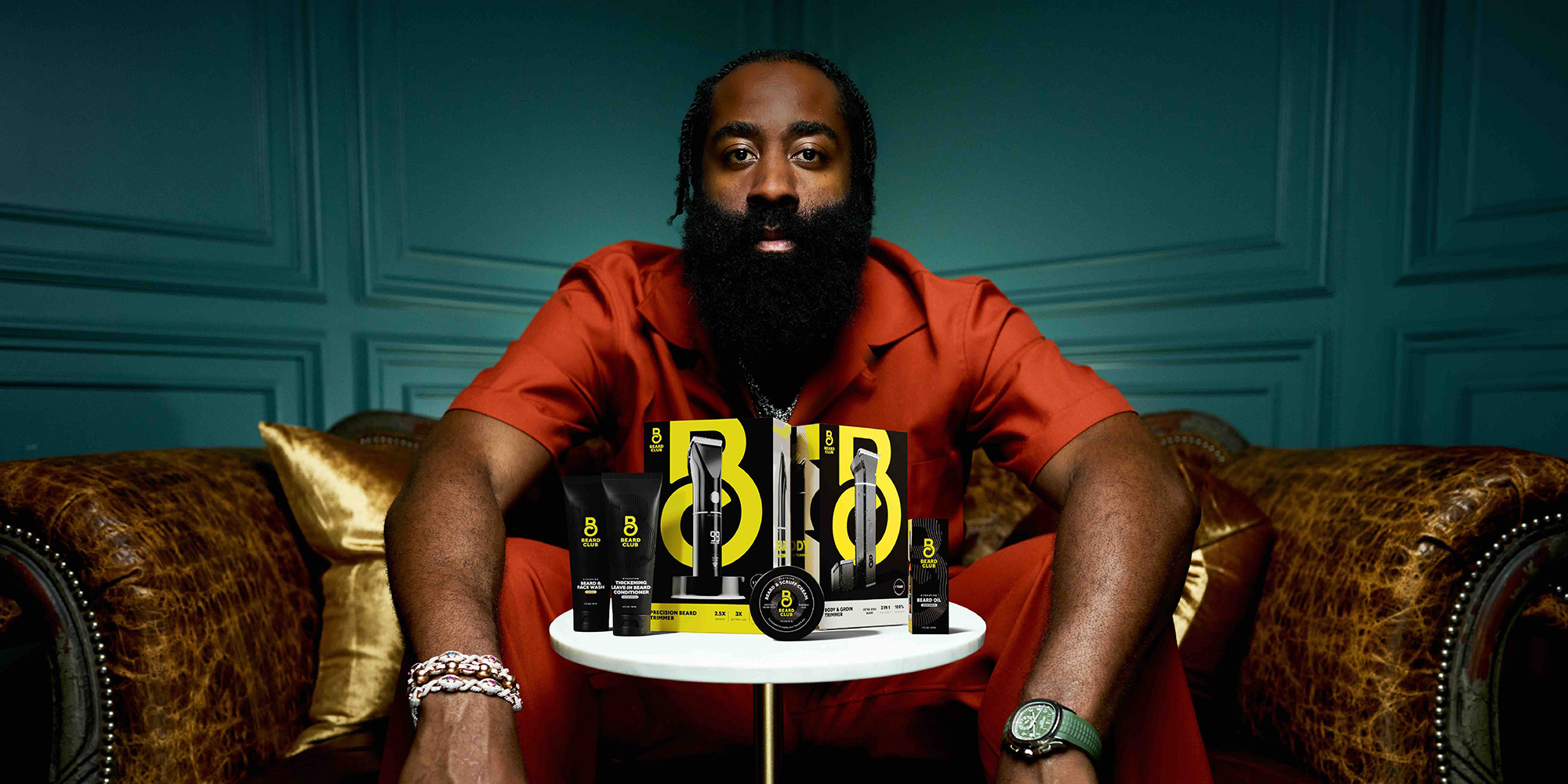
James Harden-Backed DTC Brand Beard Club Launches At Target
Beard Club wants Target shoppers—those suburban millennial moms picking up school supplies and paper towels at their local store—to be able to easily stock up on beard essentials for the bearded guys in their lives.
In its first move into major brick-and-mortar retail distribution, the brand has rolled out to Target locations featuring upgraded men’s grooming departments with six products: $69.99 Precision Beard Trimmer, $69.99 Body & Groin Trimmer, $9.99 Beard Oil, $9.99 Leave-In Thickening Beard Conditioner, $9.99 Beard & Face Wash and $9.99 Beard & Scruff Cream. Beard Club’s scents available at the chain are crisp birch and citrus.
“With this partnership, what’s really exciting for us is to get in front of eyeballs,” says Beard Club CEO Bryan Welfel. “A lot of women are aware of the brand because of their loved ones, but we have not met them yet. We want to meet audiences where they shop.”
In a survey that Beard Club conducted of bearded men and women purchasing for them, it found it has 25% awareness compared to 35% to 40% for its biggest competitors, which had brick-and-mortar footprints before Beard Club. While Welfel figures that’s pretty good for a brand that’s been solely in direct-to-consumer distribution and on Amazon, he’s confident its Target presence will boost its awareness penetration.
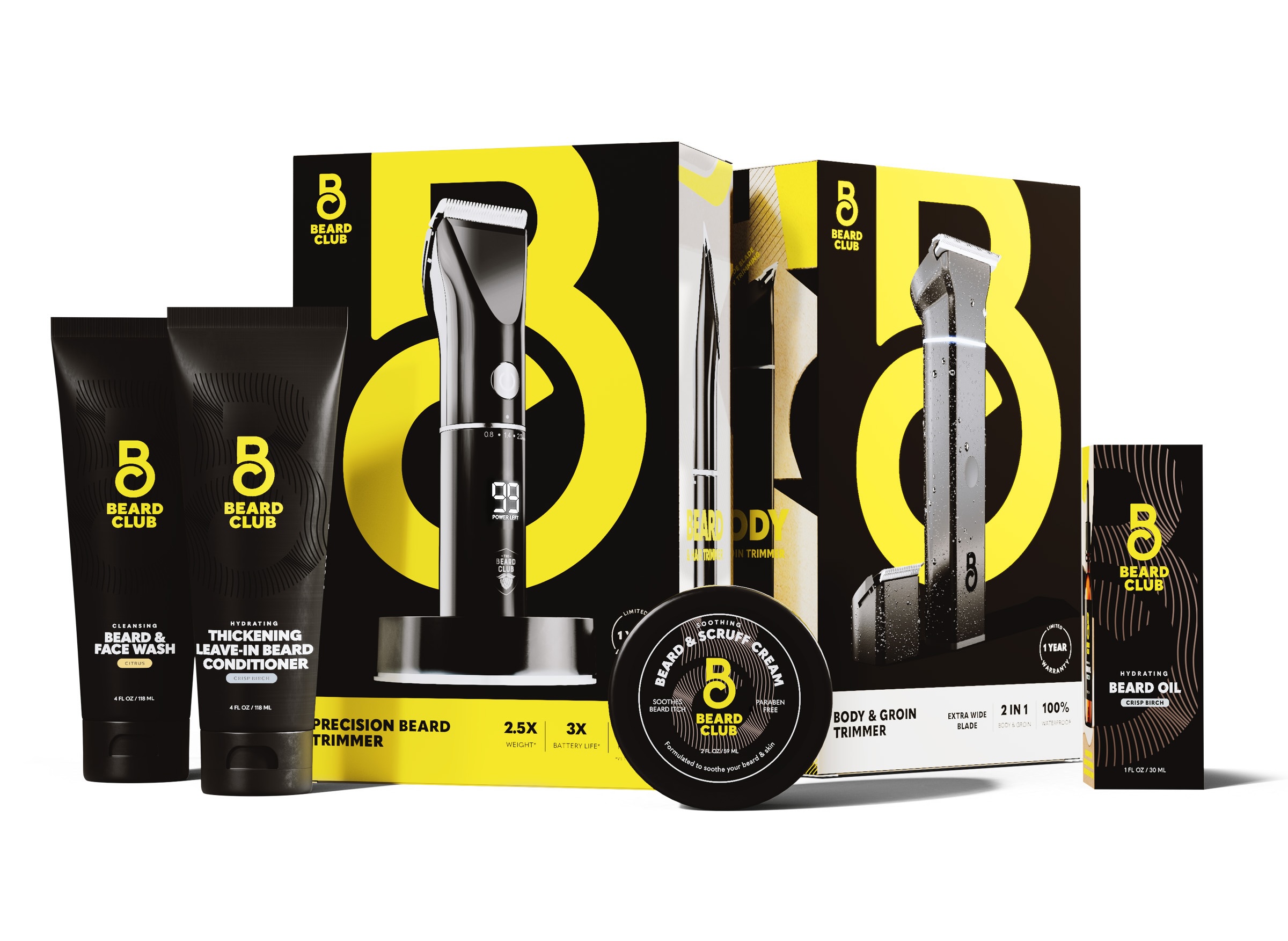
Along with its arrival at Target, Beard Club will be leveraging its partnership with investor and Los Angeles Clippers player James Harden, the shooting guard nicknamed “The Beard” who on Sunday surpassed Vince Carter for 20th place on the NBA’s all-time points list, in advertising. Known for his prominent beard as well as his on-the-court prowess, Beard Club turns to Harden for input on its product development.
“Gone are the days where you just bring on a celebrity and expect their following to blow up your product,” says Welfel. “Gone are the days where it’s just you attach your name and put a photo next to it. Even if somebody has an amazing following, if they’re going to be promoting a product, they’re going to make sure that they toll the bridge.”
Beard Club was founded as Dollar Beard Club in 2015 by Alex Brown, now president of household cleaning brand Truly Free, and Christopher Stoikos, who became chief creative officer of Hardworking Gentleman last year, but is no longer affiliated with the men’s grooming brand. Supercharged by a humorous viral video, Dollar Shave Club was skyrocketing at the time with products for men to get rid of their scruff, and Dollar Beard Club was similarly boosted by viral content, but instead aimed at men maintaining their scruff. It reached $10 million in sales in its initial year on the market.
In 2018, Welfel, an early investor in Dollar Beard Club, took it over. Unlike many direct-to-consumer businesses back then, he notes Beard Club didn’t chase venture capital funding and spend gobs of money on advertising with deteriorating returns on investment. The brand’s initiatives were driven by its cash flow until late 2021, when it raised $15 million from Harden, Grays Peak Capital and others.
“With this partnership, what’s really exciting for us is to get in front of eyeballs.”
“We focused on really good core unit economics,” says Welfel. “Beard Club has amazing product, amazing loyalty among its members, and we really focused on solutions where we strike the right balance between marketing dollars and really putting money into the product to make sure that the user experience is compelling and products work.”
Beard Club’s assortment spans three main categories: beard growth, beard grooming and hardware accessories. Liquid products generate a significant majority of its sales, but Welfel mentions its hardware accessories are particularly helpful to draw people to the brand. Beard Club has been running ads promoting its products across Facebook, Instagram, TikTok and more platforms.
“We’re not followers. We’re usually leading. So, when a new platform or a new way of selling comes out, we are adopting it very quickly,” says Welfel. “We’re very pointed about our strategy…There’s a lot of product companies that are just one hero product. We really think about bearded guys, what struggles they’re facing, and we meet them with the content that they’re interested in and the offering that they’re interested in.”
In 2018, Target revamped its men’s grooming department and injected newness from brands such as Harry’s, Beardbrand, Byrd, Maestro’s Classic and Pacinos. At Target and generally in the personal care space, however, the men’s category has notched uneven performance. Although it’s projected by every forecasting agency to increase, it’s been difficult for brands to gain lasting traction.
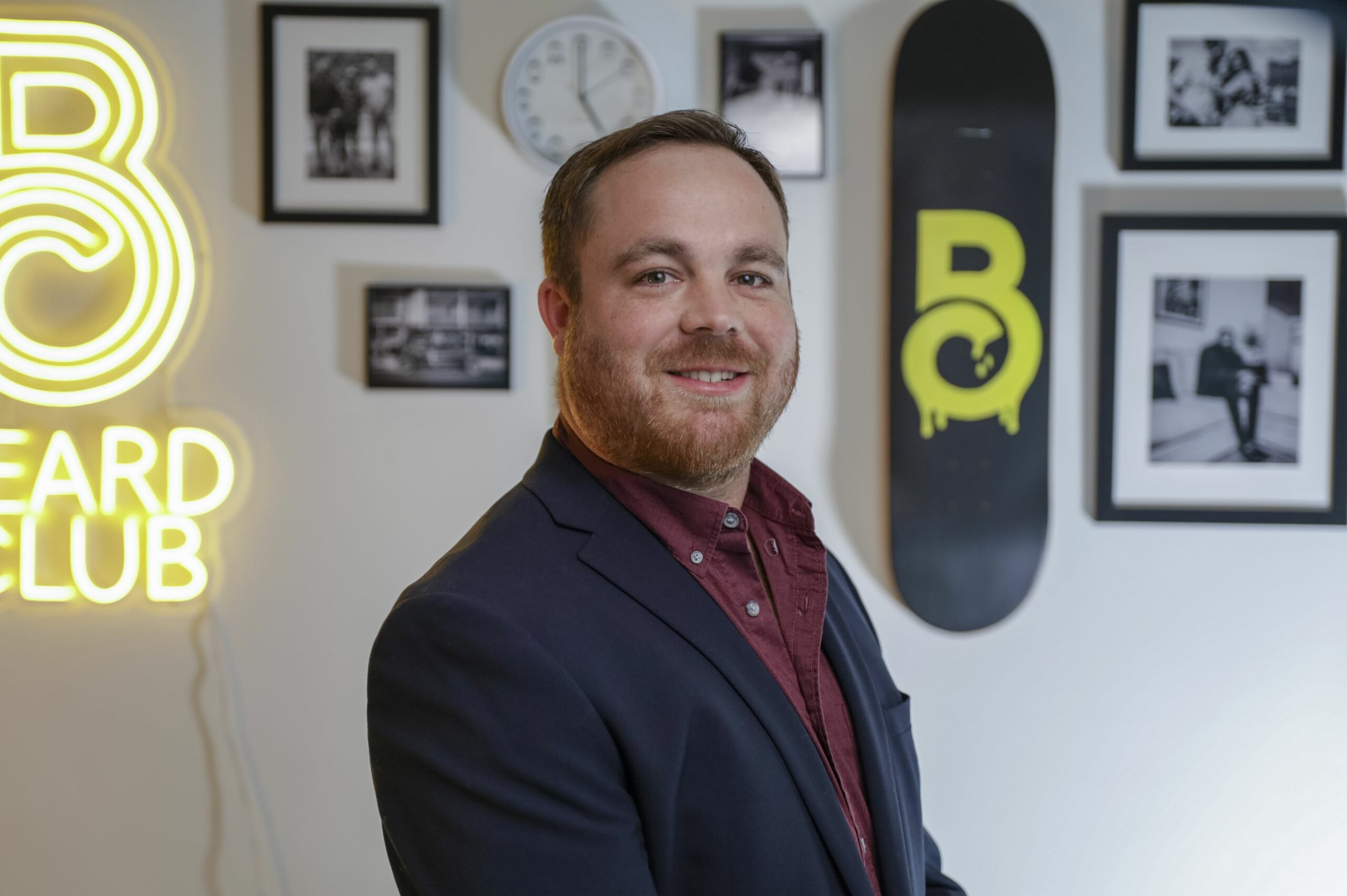
Dollar Shave Club’s fizzle is evidence of difficulties in the sector. After buying the brand in 2016 for $1 billion, Unilever offloaded Dollar Shave Club last year to private equity firm Nexus Capital Management. Still, brands like Manscaped, Harry’s and Dr. Squatch have made splashes and eaten into market share dominated by conglomerates Procter & Gamble, Edgewell, Unilever and L’Oréal.
Despite challenges in men’s grooming, Target has been leaning into it of late. In addition to Beard Club, it’s launched Mando, the men’s deodorant line from Harry’s-owned Lume, and Papatui, the line spanning face care, body care, haircare and tattoo care from Dwayne “The Rock” Johnson. Walmart has introduced The Shop, a men’s grooming brand from Parlux Ltd. in collaboration with LeBron James and James’ business partner Maverick Carter.
Beard Club has described itself as one of the largest brands in the beard arena. It declined to share annual revenues or growth percentages. Welfel says it’s accelerating at a faster pace than the men’s grooming is projected to advance on the whole. For the most part, forecasting agencies project men’s grooming will progress at a compound annual growth rate in the range of 4% to 8% in the next few years.
Welfel believes Beard Club’s connection to men 25 to 35 years old is a vital differentiator for it as it seeks growth and to succeed at Target. He estimates 70% of men sport some sort of facial hair. “Guys are going back to the core aesthetic that allows them to have an identity and wear facial hair the way they see it. It’s a return to personal identity,” says Welfel. “I think that resonates among gen Z and millennials. Facial hair is becoming more popular even among people who have seen the prime of the wet shave marketing machine.”

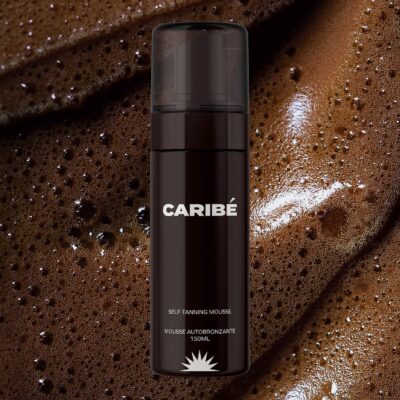
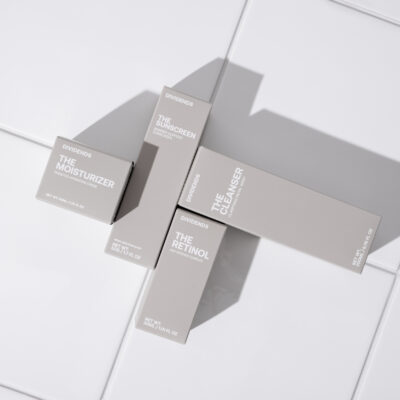
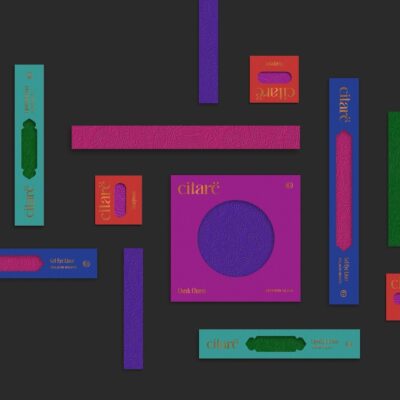
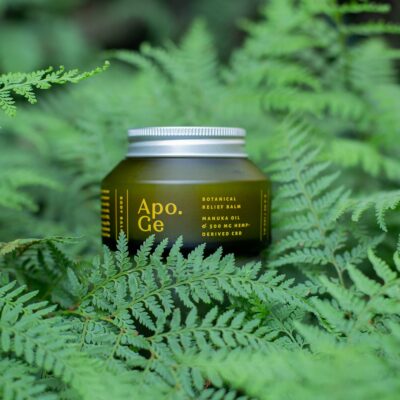
Leave a Reply
You must be logged in to post a comment.